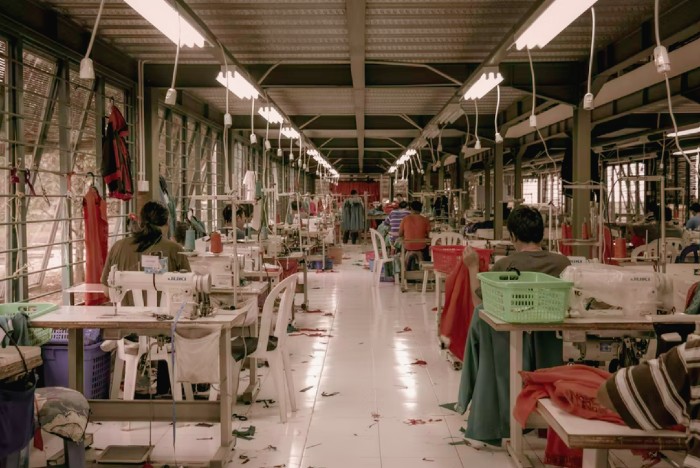Many large companies and chain stores launch promising initiatives towards sustainability around prominent occasions like Earth Day and World Environment Day. While this sounds pleasing, let’s stop to think more critically about this: Are we falling for a cleverly disguised marketing tactic? ‘Greenwashing’ is defined as a marketing strategy, where a company falsely claims its products and services to be environmentally friendly in order to persuade people to buy them. While companies often tout themselves to be clean and green, their actions may be severely damaging the environment.
Greenwashing falls within performative activism, wherein a company promotes its products on a dubious basis, simply to garner social capital, without having any actual vested interest in a cause. Be it fossil fuel companies, plastic companies or the fast fashion industry, all seem to jump aboard the greenwashing trend to donate a minimal percentage of their profits to an environmental cause whenever any nature-oriented occasion is around the corner. However, this is done to divert the attention of the consumer from the company’s actions which are causing a lot more damage to the environment, more than the donations can ever make up for.

Often, when you buy products from a shop in the mall or at a chain store, you see a donation box that talks about the collected money being used for “saving the environment” or “cleaning up plastic from the ocean”. However, the irony of the situation might be that the chain store itself is a leading cause of pollution all over the world. Fast food stores will talk about eliminating plastic straws, without getting rid of any other plastic packaging they use throughout their production process. Clothing stores will also chant the mantra of sustainability when in reality, many brands exploit animals for their products.
There are also various cosmetic brands that use plastic bottles etched with logos denoting care for nature, when these very companies are one among the largest polluters of the environment. Many businesses claim to recycle a certain percentage of plastic, while continuing to produce environmentally polluting items at a large scale. However, the rate of recycling is nowhere near enough to make up for the new plastic being generated, and recycling isn’t as effective as it is marketed to be. According to a study published back in 2018, out of the 8.3 billion metric tons of plastic produced, 6.3 billion metric tons have become waste, of which only 9% is recycled, and the rest collects in landfills or in the ocean.
Fast fashion, too, is responsible for billions of textile waste that ends up in landfills. A highly shocking fact is that various brands burn their stock of clothes when they don’t sell. These companies are worried about their brand’s exclusivity and status, and so, they do not want unsold clothes to go on sale at discount prices. Not only does burning clothes release high amounts of carbon dioxide and pollution into the air, but it also proves to be a cruel undertaking when there are people in the world who cannot afford clothes for harsh winters. Goonj, an Indian NGO, highlights how it is not the cold, but the lack of clothing that makes people succumb to winters.
Fast fashion is produced quickly, without assuring any durability of the products. The clothes lose their quality after a few uses and end up being thrown away. Meanwhile, to initiate and keep up with trends, brands replace their products regularly to encourage the customers to buy more, which encourages faster disposal of old clothes. Most companies are also not transparent about their production chain that involves procuring raw materials, transporting the items, and employing labourers, leading to issues like exploitation of labour alongside environmental negligence in developing countries.

Companies within the Fast Moving Consumer Goods sector (FMCG) are the largest plastic polluters in many countries. They continue to rehash vague claims about working towards sustainable packaging, without putting in any discernible efforts towards the same. Instead, these companies partake in performative activism to appease their consumers after finding themselves under fire for causing massive environmental damage.
Greenwashing is not to be confused with green-marketing; the latter involves groups that legitimately sell products that are environmentally friendly. Many slow-fashion brands and small businesses produce remarkable products using natural items that are made to order, with a minimal carbon footprint. Supporting a small, local business working actively towards this counts exceedingly more for the planet than the misguiding performative activism by the larger ones.
Follow our stories on environment and wildlife by subscribing to our newsletter.





